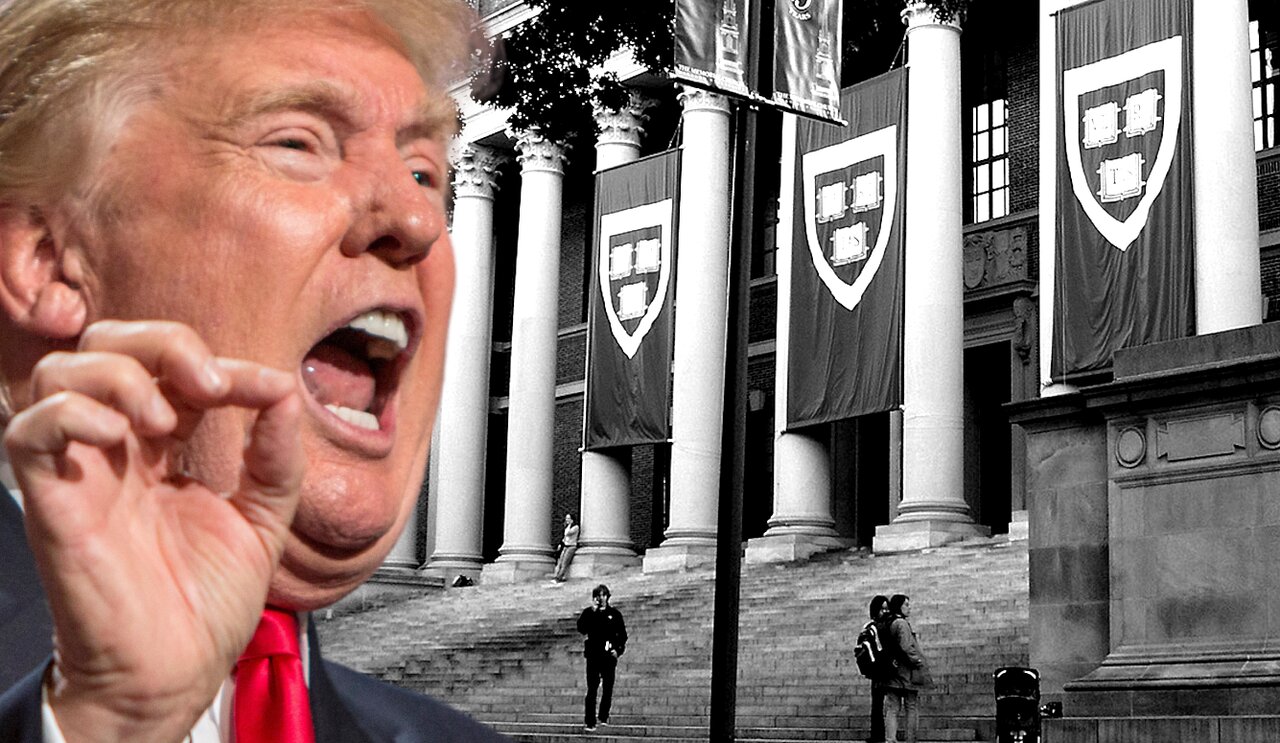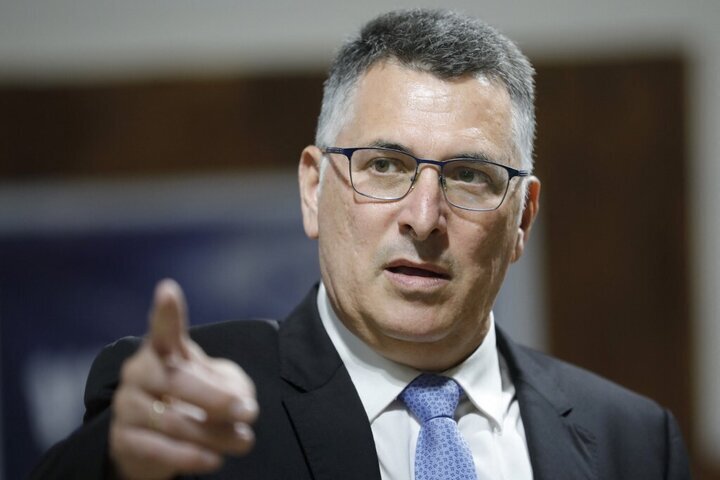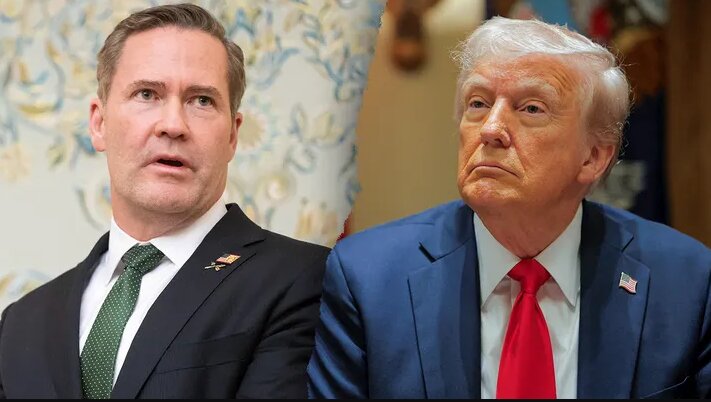Trump Takes Aim at Harvard: The Battle for Higher Education’s Future
Since the beginning of his second term, President Trump has intensified his campaign against elite American universities, claiming they harbor antisemitism and exhibit bias toward particular ideologies. His administration has issued warnings that it will leverage its authority to cut or freeze billions in federal funding to institutions such as Columbia, Northwestern, Cornell, and Harvard unless they amend what are deemed anti-Israel and antisemitism-encouraging diversity or admissions policies while restricting their academic freedom.
This broader initiative aims to exert political control over higher education through executive orders and regulatory pressures, leading to significant repercussions for many institutions. In this context, the recent decision by Homeland Security Secretary Kristi Noem to revoke Harvard University’s certification to enroll international students marks a notable escalation in this ongoing battle.
Unprecedented Revocation of Harvard’s Certification
This action forces nearly 7,000 international students to either transfer to other institutions or risk losing their legal status in the U.S. It represents a strategic use of immigration policy against Harvard in retaliation for the university’s divergence from government policy. Such measures highlight the administration’s readiness to utilize federal authority to suppress dissent, control political expression, and enforce ideological conformity in higher education.
The Crackdown: Key Developments
The Department of Homeland Security (DHS) has officially revoked Harvard University’s certification under the Student and Exchange Visitor Program (SEVP). This program authorizes U.S. colleges to enroll international students and grant visa documentation. The implications of this revocation are significant:
- Harvard can no longer admit new international students.
- Approximately 6,800 current international students, representing 27% of Harvard’s total student body, must transfer to other certified institutions.
- Failure to comply may result in loss of legal status for these students.
The administration justifies this unprecedented action by accusing Harvard of fostering an unsafe campus environment characterized by violence, antisemitism, and alleged collaboration with the Chinese Communist Party. Secretary Kristi Noem has claimed that Harvard had sufficient opportunities to comply with demands for extensive student records but chose not to, framing international student enrollment as a “privilege.”
Harvard’s Response: A Stand Against Retaliation
In response to the DHS’s decision, Harvard has condemned the action as unlawful and retaliatory. The university emphasizes its commitment to supporting international students and scholars from over 140 countries, which they believe enrich both the university and the nation. University spokesperson Jason Newton stated that this move poses “a serious threat to the Harvard community and our nation,” undermining the academic and research missions of the institution.
Harvard is already engaged in legal battles with the administration over other punitive actions aimed at altering its admissions, hiring, and curriculum policies. As the university seeks to regain its ability to admit international students, this latest action is expected to generate further legal challenges.
Political Motivations Behind the Crackdown
This crackdown is not an isolated incident; it is part of a larger pattern of political retaliation by the Trump administration against Harvard. The university has been a prominent target due to its refusal to comply with demands to censor protests against Israel’s actions in Gaza, eliminate diversity, equity, and inclusion (DEI) initiatives, and submit to intrusive government oversight.
Allegations of antisemitism and “racist” DEI policies appear to serve as a pretext for a punitive campaign aimed at controlling the university’s autonomy and ideological direction. The administration’s weaponization of immigration law and regulatory power threatens the fundamental right of universities to self-govern and promote a diverse and politically free exchange of ideas.
Legal and Political Implications
The revocation of Harvard’s SEVP certification sends a chilling message to universities across the nation: failure to comply with politically motivated government demands could lead to severe repercussions. Legally, the administration’s authority is limited by due process and administrative law, with courts recently blocking similar executive overreach. Harvard contends that the revocation is unlawful and plans to contest it in court.
Politically, this move weaponizes immigration enforcement to impose ideological conformity, exacerbating polarization and threatening democratic norms and academic independence.
Impact on Higher Education’s Global Standing
The implications for U.S. higher education as a whole are profound. This crackdown risks deterring international students, who are essential for ensuring intellectual diversity and maintaining America’s competitiveness in global science, technology, and culture.
The politicization of immigration and education policies disrupts thousands of lives and tarnishes the reputation of U.S. universities on the global stage. The international student body at Harvard plays a crucial role in fostering innovation and academic excellence. The punitive measures taken by the administration represent a risky overreach that could threaten democratic principles and educational autonomy.
The ongoing struggle to preserve Harvard is emblematic of a broader fight for academic freedom and the United States’ stature as a global beacon of education and intellectual pursuit.






